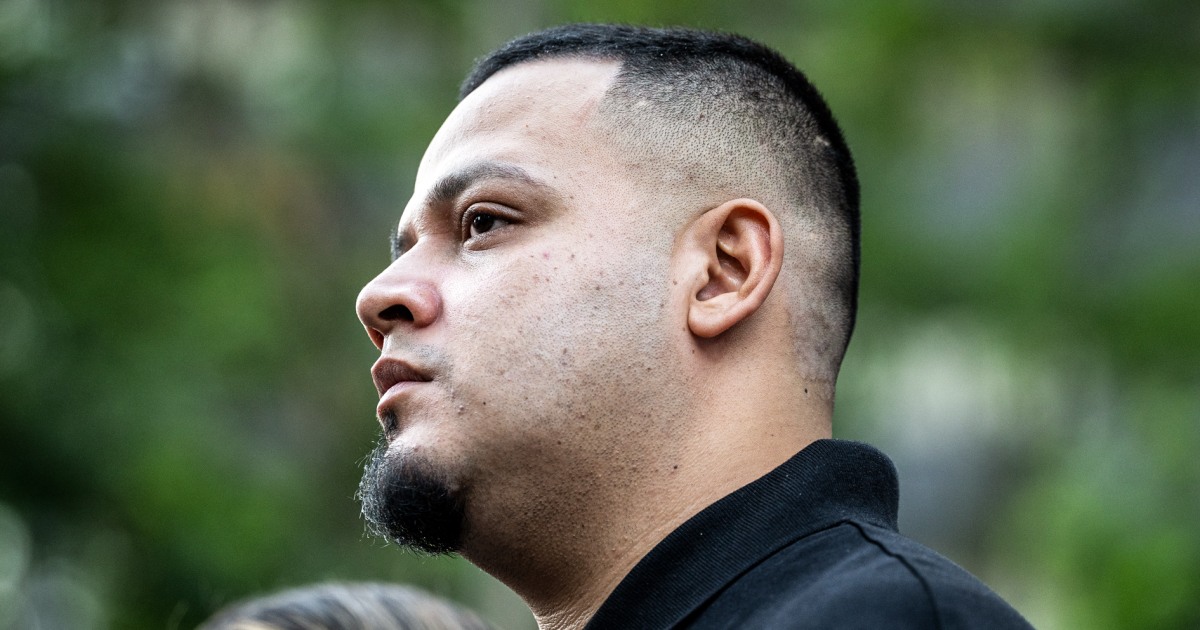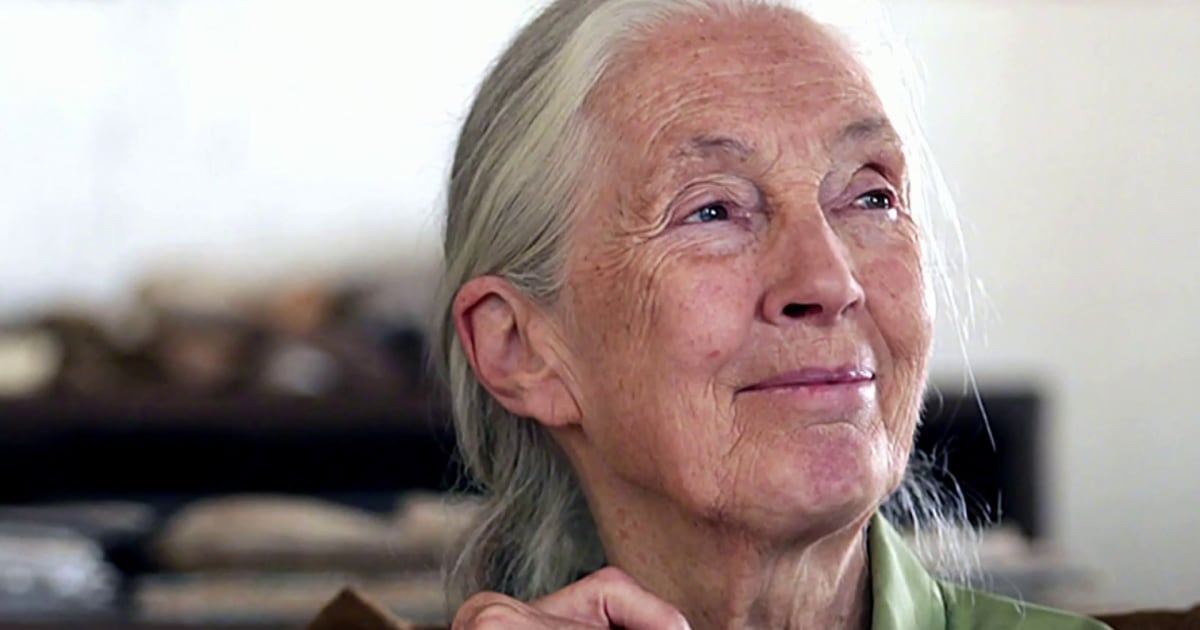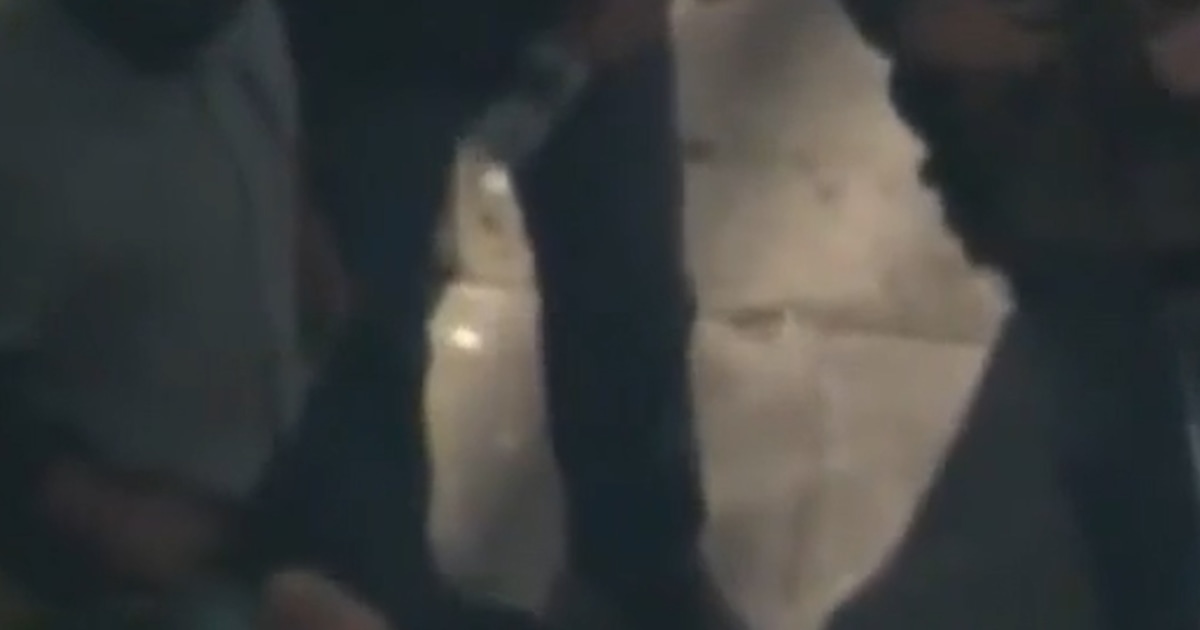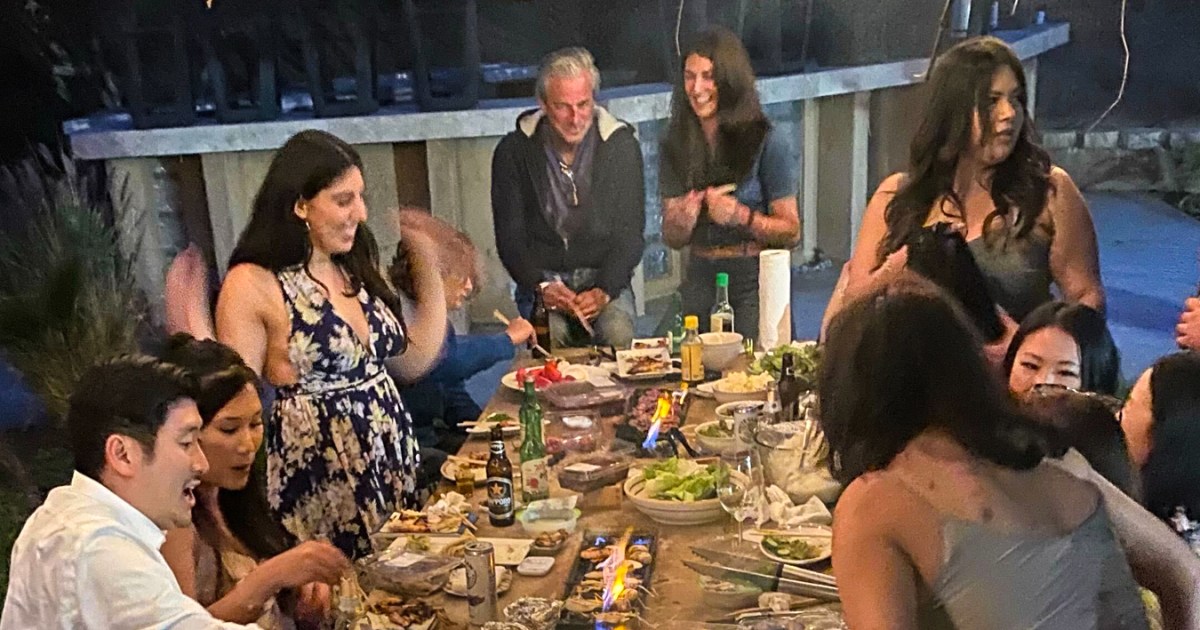U.S. District Judge Waverly Crenshaw said there’s “some evidence” the prosecution was brought in response to Abrego’s successful challenge of his deportation.
Source link
Oct. 3, 2025, 8:33 PM EDTBy Gary Grumbach and Dareh GregorianA federal judge on Friday ordered a hearing into whether the criminal case against Kilmar Abrego Garcia was the result of a “vindictive” prosecution, finding there’s “some evidence” that it was.In his 16-page ruling, U.S. District Judge Waverly Crenshaw in Tennessee noted that the investigation into Abrego was reopened shortly after he successfully challenged to the U.S. Supreme Court what the Trump administration acknowledged was his mistaken deportation to a prison in El Salvador.The investigation also came after numerous administration officials, including Attorney General Pam Bondi and Homeland Security Secretary Kristi Noem, repeatedly accused Abrego of being guilty of numerous crimes, and being a “gang member” and a “terrorist.” His lawyers and family members have repeatedly denied the claims.”Actual vindictiveness may be apparent based on the Executive Official Defendants’ and their subordinates’ statements about Abrego from the time he filed his Maryland lawsuit” challenging his deportation “through his arrest in this District,” the judge wrote.In his ruling granting Abrego’s request for a hearing on the vindictive prosecution claims, Crenshaw focused on comments that Bondi’s top deputy, Todd Blanche, made on Fox News the day of his June arrest on human trafficking charges, to which Abrego pleaded not guilty.”Strikingly, during a television interview Deputy Attorney General Blanche revealed that the government started ‘investigating’ Abrego after ‘a judge in Maryland . . . questioned’ the government’s decision, found that it ‘had no right to deport him,’ and ‘accus[ed] [the government] of doing something wrong,’” the judge wrote.“Deputy Attorney General Blanche’s remarkable statements,” Crenshaw wrote, “could directly establish that the motivations for Abrego’s criminal charges stem from his exercise of his constitutional and statutory rights to bring suit against the Executive Official Defendants, rather than a genuine desire to prosecute him for alleged criminal misconduct.”Watch: Kilmar Abrego Garcia reunites with family after release from federal custody01:13The judge, nominated to the bench by President Barack Obama, said Abrego’s claims also appear to be supported by the timing of the reopening of the criminal investigation, which had started as the result of a traffic stop in 2022 and was deemed to be closed in March of this year, before Abrego was deported. Abrego was released without charges after the 2022 stop.The investigation was reopened a week after Abrego’s win in the Supreme Court in April.”This timeline suggests that Abrego’s prosecution may stem from retaliation by the DOJ and DHS due to Abrego’s successful challenge of his unlawful deportation in Maryland,” the judge wrote.The judge ordered the government to turn over information and evidence being requested by Abrego and said he’ll hold a hearing after that.”After the parties conduct discovery, ‘[i]t may well be that no fire will be discovered under all the smoke[.]’ Indeed, the Government could produce evidence showing legitimate reasons for its prosecution of Abrego that are unrelated to his case in the District of Maryland,” he wrote.Representatives for the Department of Homeland Security and the Justice Department did not immediately respond to requests for comment Friday.Abrego, a Salvadoran national who, according to his lawyers, entered the U.S. illegally when he was 16 years old to escape gang violence, is trying to get the criminal charges against him dismissed.He also made a bid to reopen his petition for asylum, but an immigration judge rejected the request in a ruling Thursday. He has 30 days to appeal to the Board of Immigration Appeals.A different immigration judge had previously ruled in 2019 that he could not be deported to El Salvador, because he faced danger from a gang that targeted his family. U.S. Immigration and Customs Enforcement is seeking to deport him to Uganda or Eswatini.Gary GrumbachGary Grumbach is an NBC News legal affairs reporter, based in Washington, D.C.Dareh GregorianDareh Gregorian is a politics reporter for NBC News.Raquel Coronell Uribe contributed.




